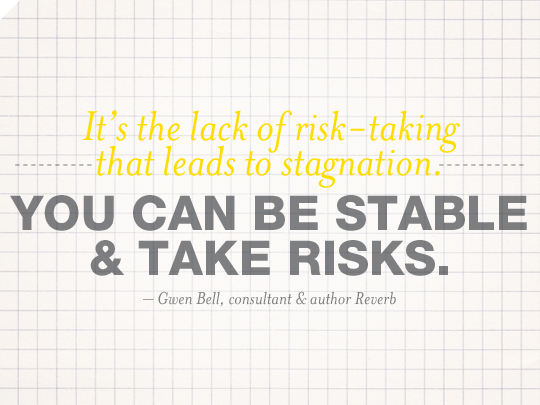In a recent Blog post Dr. Helen Smith raised the issue of differences between men and women in business.
Table of Contents
She asked if women were more risk-averse than men in business, would they be less successful?
Now, as a complete revelation, I must say that there have been so many female entrepreneurs in my life: my mother, who owned a successful real estate business; a sister who co-founded our successful direct marketing business; a wife who is an independent financial planner; and the two agencies that help promote my book are run by successful women entrepreneurs. Not to mention I have three daughters (no sons) and my wife and I just adopted a 14 year old girl.
In other words, I am surrounded by women. And it’s not bad, I must say.
To put this statement in a better context, Dr. Smith echoed the same sentiment as Seth Godin on one of his blogs: Does society need to rethink its perception of entrepreneurial risk? Dr. Smith’s concern is that more government intervention in our lives, in the form of stricter rules and more charitable social assistance, creates less incentive to take risks. Especially for women, who may be more risk-averse in the first place. Godin argues that because we mistakenly assume that risk aversion is worthless, it has become acceptable, even expected, thus society forces itself to be less willing to take risks.
So has American society, through a combination of more government intervention and risk isolation, resulted in a culture that makes entrepreneurship less attractive? Do women pay more simply because they may be more risk averse? And do the perceptions of risk and entrepreneurship need to be changed to accurately reflect their relationship to personal success?
My experience as an entrepreneur has made it clear to me that continuous risk taking provides a competitive advantage that helps a business move forward.
I also advocate entrepreneurship as a vocation, regardless of gender. It provides a path to self-actualization, personal achievement, and I believe it is one of the greatest forms of self-expression. My conclusion is that opportunity and risk are intertwined, and therefore long-term business success requires taking risk, not avoiding it.
I am not a free-form reckless person, but I work within certain limits (Structure of the winner) that will support entrepreneurial activity through structural recommendations. However, all entrepreneurs should be allowed to “go beyond” because opportunity and innovation occur in these uncertain, risk-filled areas. Instructions are not fences, but frames are simply support for all work.
My contention is that women are not as risk averse as society makes them out to be.
In my experience, women simply desire to have more definite plans than men. The more emotional gender, women are much less emotional when it comes to business, so they need more structure. Looking back on my own business dealings with my sister Kathy, I have been ready to take advantage of the opportunity many times, right here and now, and she has always taken a more measured approach. This caused a lot of conflict, but provided a rational balance. If there was a worthy risk, we took it. How we arrived at this conclusion may be different, but the result is the same.
A woman’s desire to enter the world of entrepreneurship can be as overwhelming as any man’s. A powerful motivating force that competitors must fear because of its harsh, primal nature is the woman’s need to prove herself equal or superior to man. Women are breadwinners, protectors of their flocks, and when cornered, they become fierce competitors.
Historically, women have been given the role of running the family business and the risks have been borne by the husbands.
But as our culture evolves into a more gender-equal society, it is clear that these roles will change. Overall, our education system needs to be revisited to recognize the role of entrepreneurship in our economy, and to change the perception of risk to more accurately reflect its importance to opportunity and success.
Each of the women I mentioned earlier was ready to pursue their entrepreneurial dream and, consciously or not, had to at least take a leap of faith risk to start their own business. Sure, the gender bias they faced must have dampened their enthusiasm, but because of their commitment to the entrepreneurial dream, they continue (with the exception of my mother, who is retired) to take the risks and enjoy the success they so deserve.
Tom Panaggio, author of Risk Advantage: Harnessing the Entrepreneur’s Unexpected Advantage
Related Post: Why Your Company Should Never Stop Taking Risks









































